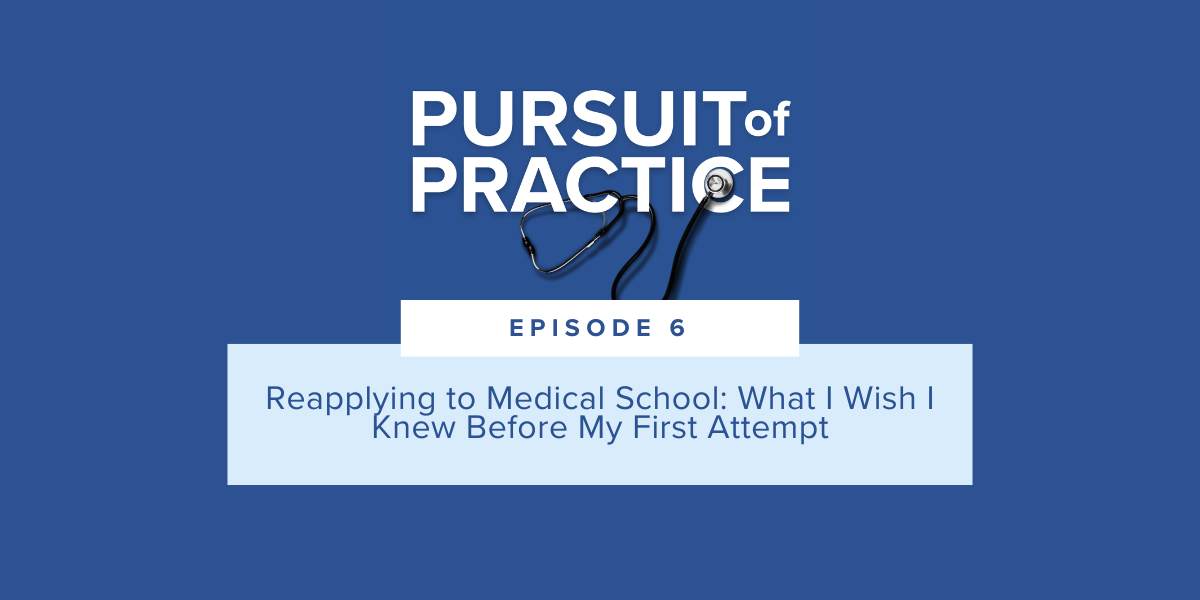As the first in my family to pursue a career in medicine, navigating the premed and medical school admissions process felt like stepping into unknown territory. Without any family members in medicine, I didn’t have access to the same built-in network or advice that many of my peers seemed to have. I had to rely on other resources—college advising, older premed students, free online materials—and through this, I learned that the first-generation student journey, while tough, is absolutely possible with persistence and resourcefulness.
Navigating the Premed Journey as a First-Generation Student
Facing the Unknown
When I first decided to pursue medicine, I didn’t fully grasp the challenges ahead. I knew about the importance of grades, but the rest—the MCAT, extracurriculars, clinical hours—were foreign concepts to me. I didn’t grow up hearing about what makes a competitive applicant or the steps required to become a doctor. While some of my peers had family members who could tell them exactly what to do, I felt like I was piecing everything together as I went along.
My initial confusion wasn’t just about how to apply to medical school—it was also about figuring out what to do with my time as an undergrad. I wasn’t sure which extracurriculars were valuable, how to find clinical experiences, or how to balance everything with coursework. I faced a lot of doubt early on, wondering whether I would ever catch up to those who seemed to have a roadmap laid out for them from the start.
📍 Navigate your path to medical school with a free roadmap that explains everything you need to do from your first year of undergrad through graduation. Download the Premed Roadmap!
Finding Guidance and Support
When I first decided to pursue a career in medicine, I turned to my college’s advising office. I scheduled frequent meetings with my premed advisor to make sure I stayed on track with course requirements and medical school application timelines. They had seen dozens of other students walk a similar path, and they were able to provide me with the answers to many common questions along the way.
I also learned to lean on older premed students who had gone through the process before me. They became my informal mentors. Through them, I learned about research opportunities, clinical shadowing, and the importance of building relationships with professors for strong recommendation letters. They gave me insider knowledge on how to schedule the MCAT and plan my study schedule while managing school, helping me avoid some of the pitfalls they had encountered.
When it came time to prepare for the MCAT, I knew I needed to be strategic. When I first started, I was instantly overwhelmed with the number of services or tools available to help me prep. In order to avoid unnecessary spending, I started by using free online resources.
I scoured forums, YouTube channels, and blogs that provided advice on how to study for the exam, gather content, and manage the intense study load. I also took advantage of free full-length practice exams. Eventually, I made the decision to purchase prep books, test packs, and AAMC question banks.
Overcoming Obstacles
One of the biggest obstacles I faced as a first-generation student was imposter syndrome. Despite checking off the list of requirements needed to apply to medical school, I still wondered if I had what it would take to succeed in such a competitive field.
To overcome this, I reminded myself why I wanted to go into medicine in the first place. I leaned on my personal motivations—my desire to serve patients and my fascination with the science of the human body—to keep me grounded. I also made a conscious effort to celebrate small victories along the way. Whether it was completing a difficult class, securing a shadowing opportunity, or doing well on a practice MCAT, acknowledging my progress helped me push through moments of self-doubt.
Another challenge was figuring out how to manage my time effectively. Between coursework, extracurriculars, and MCAT prep, there were moments when it felt impossible to keep up. I realized that success didn’t come from doing everything at once but from prioritizing.
I learned how to compartmentalize my time—dedicating blocks of the day to studying, clinical work, and self-care—and sticking to a schedule. Over time, I refined my time management skills, which became invaluable during medical school.
Sign up to get expert tips and exclusive invites to free MCAT classes and medical school admissions workshops!
Tips for Other Premeds
If you’re a first-generation student and the first in your family to pursue medicine, here are a few pieces of advice that helped me:
1. Seek mentorship early. Whether it’s from advisors, professors, or older premed students, having someone who’s been through the process can make a huge difference. They’ll offer you practical advice and give you confidence when the road seems overwhelming.
2. Use free resources. The internet is filled with excellent, free study materials and advice. Sites like Reddit’s premed and MCAT forums, the Blueprint MCAT blog, and free practice exams are invaluable when you’re just getting started. Get a free practice exam and MCAT study plan when you create a Blueprint MCAT account!
3. Be proactive. In the absence of family guidance, you need to take initiative. Sign up for advising meetings, research extracurriculars early, and start building relationships with mentors. Don’t wait for opportunities to come to you. Go out and find them.
4. Celebrate small victories. The premed journey is long and tough, so it’s important to acknowledge your progress. Whether it’s acing an exam or getting through a tough semester, every step forward brings you closer to your goal.
Being the first in your family to pursue medicine isn’t easy, but it’s absolutely possible. With resourcefulness, determination, and the support of mentors and friends, you can navigate this process and achieve your goals.
A challenging obstacle all premeds eventually have to face is the MCAT. Fortunately, you don’t have to go through it alone! Blueprint MCAT students increase their MCAT scores by 15 points on average. Whether you need the flexibility of a Self-Paced Course, the instruction of a live 515+ Course, or the 1:1 attention of a private MCAT tutor, Blueprint MCAT has the MCAT prep option that works for your learning style!





